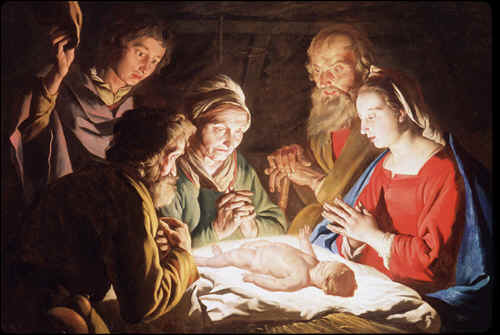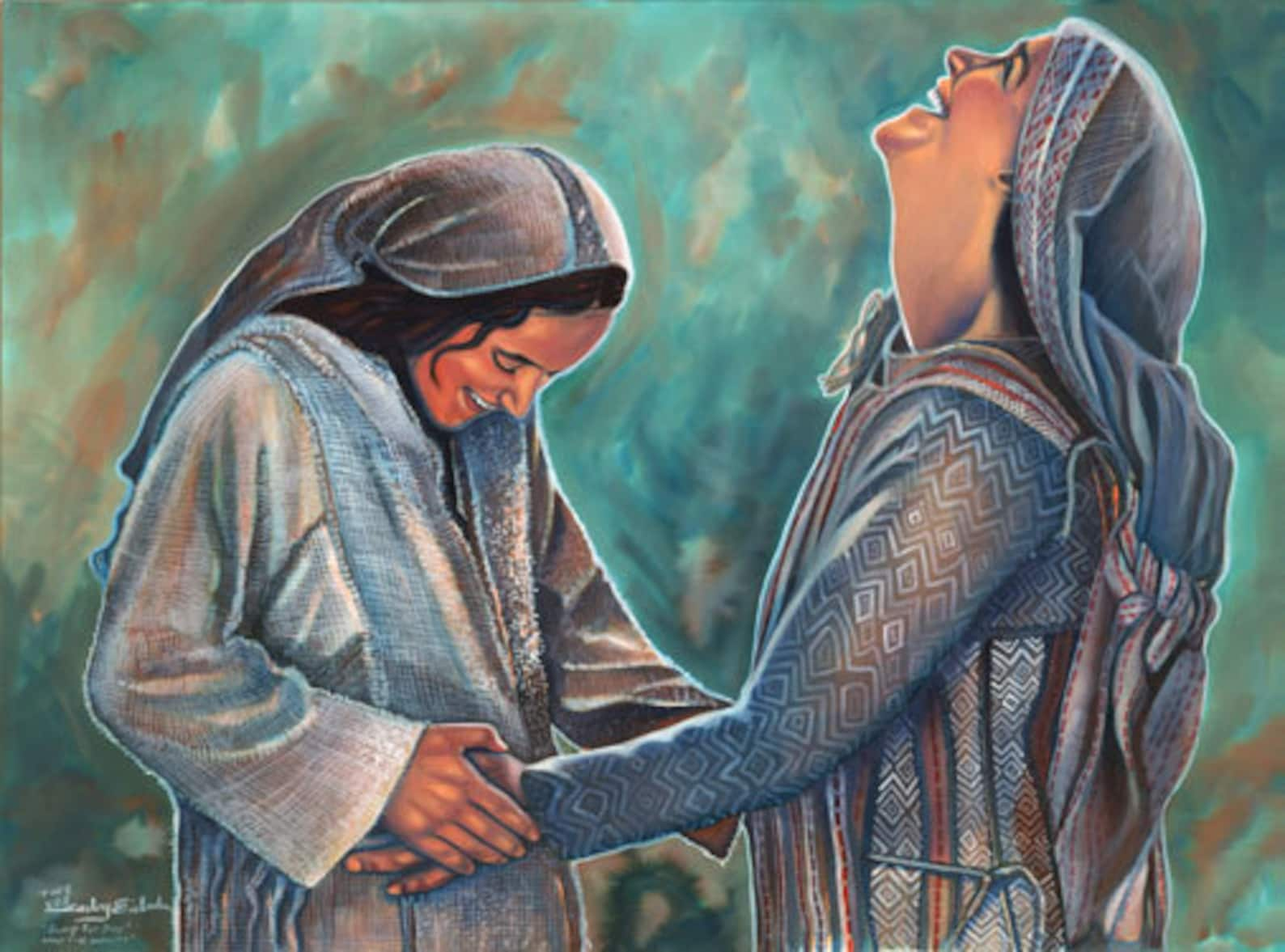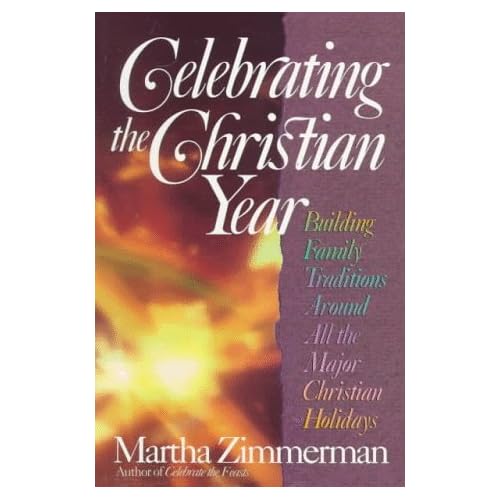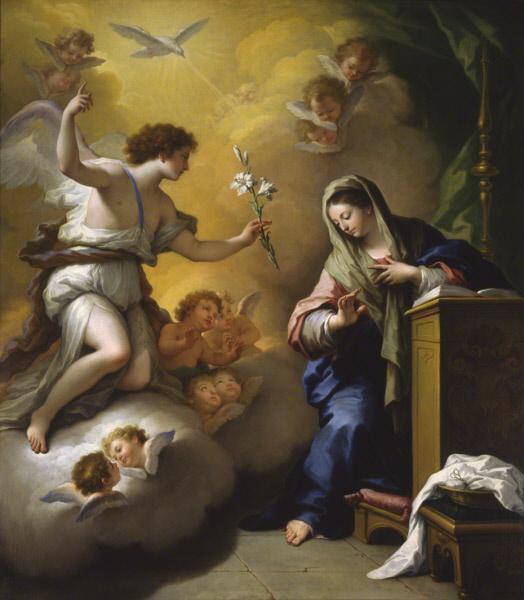MERRY CHRISTMAS - Unto Us a Child is Born!!!!
(Or Happy January 5th if you chose to wait to start reading.)
BIBLE STORYTELLING
Jesus is Born: audio and transcript.
PRAYING FOR THE GRACE
In the Spiritual Exercises of Ignatius, we seek grace related to the passage for contemplation/meditation. With Jesus' birth, you might like to open your time with God with this:
I seek the grace to “enter into the mind of the One who chose to be born as I was born. I ask to love this little infant so that my life will fall into His life’s pattern" (Choosing Christ in the World, p.53)
This Imaginative Contemplation handout has the specific example of Luke 2:1-7. I have found this so beneficial since 1981!
BACKGROUND
8. An angel appears to Joseph: Matthew 1:18-25
8. An angel appears to Joseph: Matthew 1:18-25
Listen to the wonderful Imaginative Contemplation of this passage from Prayer as You Go.
In Hebrew custom, the marriage contract was negotiated between parents, and the woman continued to live with her parents and the man with his parents for a year so the bride could demonstrate her purity. If she got pregnant, she was considered impure, and the marriage contract could be annulled.
Mary and Joseph were in this waiting period, and Mary became pregnant. What was Joseph to think? He must have been an exceptional man because he wanted to kindly break the contract secretly. If he had done it publicly, Mary might have been subject to stoning (Deuteronomy 22:23-24).
As we have seen with Mary and Zechariah, angels have a way of making all things clear, and this angel did that for Joseph. The angel declared a Scarlet Thread of Redemption verse from a prophet who proclaimed God's eternal plan 700 years before:
Remember, Matthew was writing to Jews. So, they would know about this Old Testament prophecy about Immanuel. But let's do a little bit more of an Old Testament word study since most of us are Gentiles!
9. Jesus is born in Bethlehem: Luke 2:1-7
In Hebrew custom, the marriage contract was negotiated between parents, and the woman continued to live with her parents and the man with his parents for a year so the bride could demonstrate her purity. If she got pregnant, she was considered impure, and the marriage contract could be annulled.
Mary and Joseph were in this waiting period, and Mary became pregnant. What was Joseph to think? He must have been an exceptional man because he wanted to kindly break the contract secretly. If he had done it publicly, Mary might have been subject to stoning (Deuteronomy 22:23-24).
As we have seen with Mary and Zechariah, angels have a way of making all things clear, and this angel did that for Joseph. The angel declared a Scarlet Thread of Redemption verse from a prophet who proclaimed God's eternal plan 700 years before:
(Let those words wash over you, dear reader. If you have time, join YEAR TWO of the Bible Book Club. In that year, you will read through all the prophets, and they are FULL of prophecies like the one above! It is so fun to tie the Old Testament and New Testament together in one big Christmas bow!)Therefore the Lord Himself will give you a sign: Behold, a virgin will be with child and bear a son, and she will call His name Immanuel (Isaiah 7:14) which translated means "God with us." (Matthew 1:23)
Remember, Matthew was writing to Jews. So, they would know about this Old Testament prophecy about Immanuel. But let's do a little bit more of an Old Testament word study since most of us are Gentiles!
עִמָּנוֵּל (˓immānûēl). With us is God. This proper name occurs twice. It is the name to be given to the child to be born of the virgin (Isa 7:14). Isaiah addresses Judah’s king, of Davidic lineage, as Immanuel (8:8). The prophet also gives the meaning and application of the name by stressing that, in spite of what a disobedient king does, God will be with his covenant people (Isa 8:10).
The name Immanuel gives expression to the truth God had expressed in various ways to his covenant people in times previous to Isaiah. He had specifically said that he would be God to Abraham and his seed (Gen 17:7). He would go with Jacob (Gen 28:15) and Moses (Ex 3:12). God identified with his people saying he had taken them to be his possession (Ex 19:5–6). The angel of his name would go with and guard his people (Ex 23:20. 24). To Joshua the word came, “As I was with Moses, so I will be with you” (Josh 1:5). To David God said, “I have been with you” (II Sam 7:9).
Solomon earnestly prayed that the Lord would be with him and Israel as he had been with David (I Kgs 8:57). By various visible means, i.e. cloud, pillar of fire, and the ark of the covenant the Lord confirmed his word. He was with his people [emphasis mine]. He led, upheld, and blessed them.
Isaiah, speaking to Ahaz, assured him that the faithful covenant God was present as he had been and as he would be in the incarnate Son to be born of the virgin. Thus the past, present, and future intimate relationship of God’s presence with his people is summed up in the name Immanuel. (Theological Wordbook of the Old Testament, p. 677)
I don't know about you, but that makes my heart sing:
GOD IS WITH US!
Praise God that Joseph "did as the angel of the Lord commanded" (1:24).
(Don't forget to try the Imaginative Contemplation for this passage.)
Caesar Augustus was the ruler of the Roman Empire from 27 B.C. to A.D. 14. God used a secular ruler to fulfill the prophecy of Micah 5:2. In the Roman Empire the census was taken every fourteen years for military and tax purposes. Joseph's ancestral home was Bethlehem. Joseph was a descendant of David (1:27) who was born in Bethlehem. So they needed to go from Nazareth to Bethlehem (which means "house of bread"). Usually, it was just the Jewish male, but he traveled with Mary because she was so near to delivering her baby. Tradition tells us that Jesus was born in a cave near the inn. He was wrapped in strips of cloth which was a practice at that time for keeping limbs straight and protected.
10. Shepherds visit Jesus: Luke 2:8-20
How wonderful that angels would appear to poor, outcast shepherds. Their work made them ceremonially unclean. God calls the poor and lowly to Himself (Luke 1:51-53; 1 Corinthians 1:26-29). This baby was also the Good Shepherd (John 10) and Lamb of God who would take away the sins of the world (John 1:29).
The shepherds were to "fear not" (Where have you heard that before over the last few days? Luke 1:13, 30, 74; Matthew 1:20). The angel pronounced GOOD NEWS of a great JOY (remember the theme of joy in Luke?) of a Savior who is Christ the Lord!
Then a multitude of angels came praising God and announcing PEACE. Even though the Roman Peace ("Pax Romana") had been in effect since 27 B.C., there was really no peace. The Stoic philosopher, Epictetus, (A.D. 55 - A.D. 135) once said:
Let this all wash over you and soak in deeply. It is so easy to just gloss over this because you hear this so many times during Christmas. Jesus is our Peace! It is amazing!
REFLECTION/APPLICATION/PRAYER
A few days ago, I had you meditate on Scene 3 in the “Christmas” part of Handel's Messiah so that you might grasp Jesus being light contrasted with man’s darkness more deeply. Now, let's listen to the chorus of Scene 3 and Scene 4 as you revel in the wonder of the child being born to us! (It is nine minutes of listening from 33:21-42:19). Follow along with the words.
Caesar Augustus was the ruler of the Roman Empire from 27 B.C. to A.D. 14. God used a secular ruler to fulfill the prophecy of Micah 5:2. In the Roman Empire the census was taken every fourteen years for military and tax purposes. Joseph's ancestral home was Bethlehem. Joseph was a descendant of David (1:27) who was born in Bethlehem. So they needed to go from Nazareth to Bethlehem (which means "house of bread"). Usually, it was just the Jewish male, but he traveled with Mary because she was so near to delivering her baby. Tradition tells us that Jesus was born in a cave near the inn. He was wrapped in strips of cloth which was a practice at that time for keeping limbs straight and protected.
10. Shepherds visit Jesus: Luke 2:8-20
How wonderful that angels would appear to poor, outcast shepherds. Their work made them ceremonially unclean. God calls the poor and lowly to Himself (Luke 1:51-53; 1 Corinthians 1:26-29). This baby was also the Good Shepherd (John 10) and Lamb of God who would take away the sins of the world (John 1:29).
 |
| The Adoration of the Shepherds by Matthias Stom (fl. 1615–1649) [Public domain], via Wikimedia Commons |
Then a multitude of angels came praising God and announcing PEACE. Even though the Roman Peace ("Pax Romana") had been in effect since 27 B.C., there was really no peace. The Stoic philosopher, Epictetus, (A.D. 55 - A.D. 135) once said:
While the emperor may give peace from war on land and sea, he is unable to give peace from passion, grief, and envy. He cannot give peace of heart for which man yearns more than even for outward peace. The Bible Exposition Commentary: Volume 1, p. 176The Hebrew word for peace, Shalom, which is translated as eirḗnē in the Septuagint (Greek translation of the Old Testament), "has to denote, not merely rest, but a state of well-being or wholeness [emphasis mine], so that one can even be said to die in peace (as distinct from suffering violence). Nor is this well-being restricted to material welfare" (Theological Dictionary of the New Testament, p. 208).
Let this all wash over you and soak in deeply. It is so easy to just gloss over this because you hear this so many times during Christmas. Jesus is our Peace! It is amazing!
REFLECTION/APPLICATION/PRAYER
A few days ago, I had you meditate on Scene 3 in the “Christmas” part of Handel's Messiah so that you might grasp Jesus being light contrasted with man’s darkness more deeply. Now, let's listen to the chorus of Scene 3 and Scene 4 as you revel in the wonder of the child being born to us! (It is nine minutes of listening from 33:21-42:19). Follow along with the words.
Chorus
For unto us a child is born, unto us a Son is given: and the government shall be upon his shoulder: and his name shall be called Wonderful, Counsellor, the mighty God, the everlasting Father, the Prince of Peace. (Isaiah 9:6)
Pifa (Pastoral Symphony)
Recitative (Soprano)
There were shepherds abiding in the field, keeping watch over their flocks by night. (Luke 2:8)
And lo, the angel of the Lord came upon them, and the glory of the Lord shone round about them: and they were sore afraid. (Luke 2:9)
Recitative (Soprano)
And the angel said unto them, Fear not; for, behold, I bring you good tidings of great joy, which shall be to all people. For unto you is born this day in the city of David a Saviour, which is Christ the Lord. (Luke 2:10, 11)
Recitative (Soprano)
And suddenly there was with the angel a multitude of the heavenly host praising God, and saying, (Luke 2:13)
Chorus
Glory to God in the highest, and on earth peace, good will toward men. (Luke 2:14)
GLORY TO GOD AND MERRY CHRISTMAS!
I'll SEE YOU AGAIN on January 6th (King's Day/Epiphany/12th day of Christmas) when we read about/meditate on the visit of the Magi!





